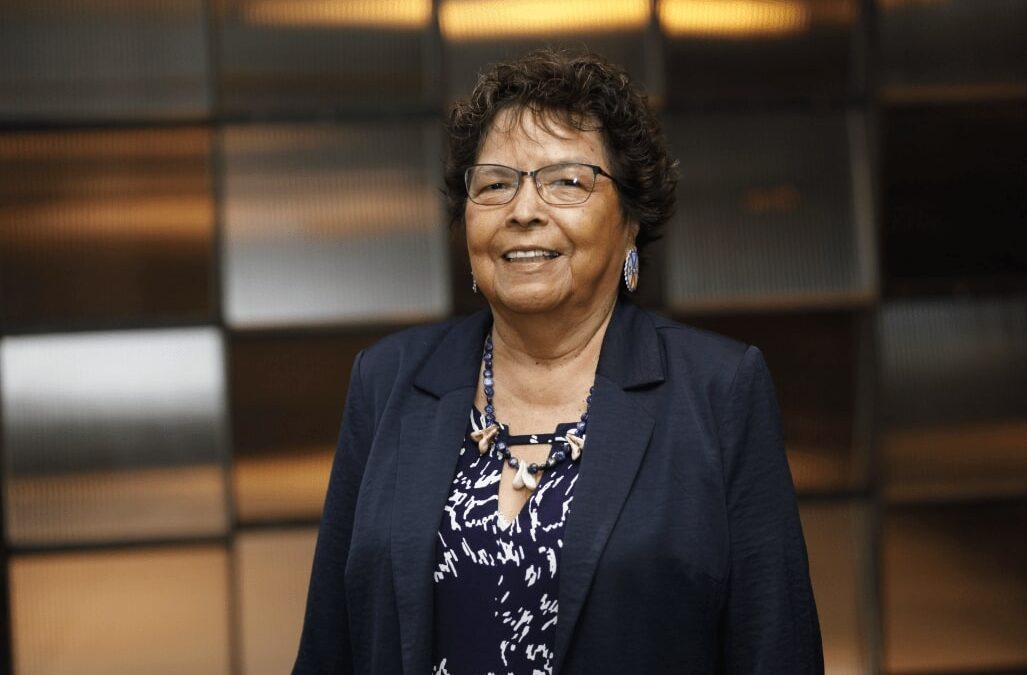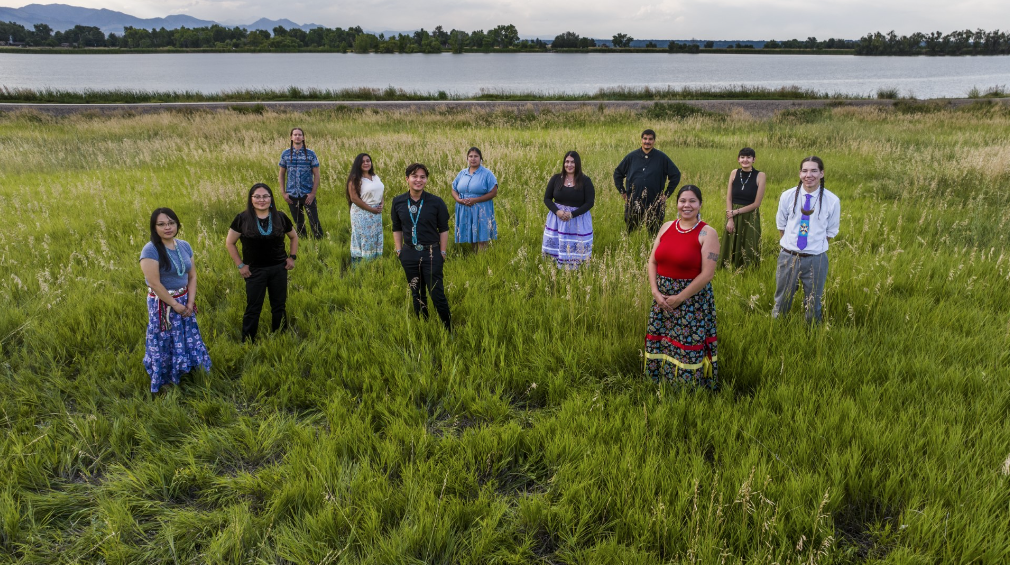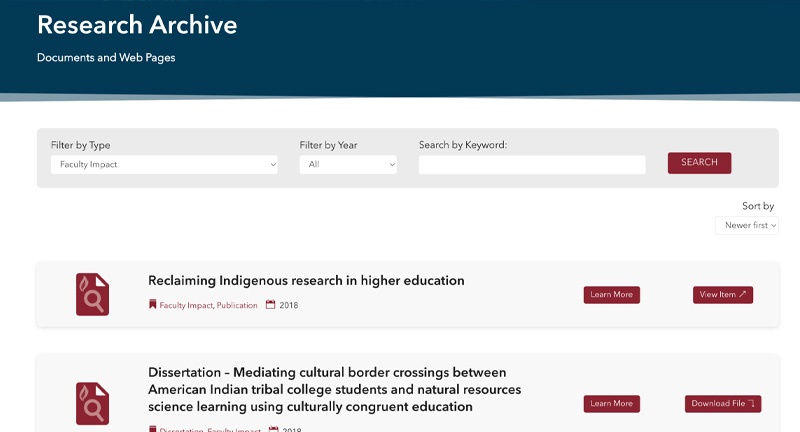By Kateri Montileaux, Oglala Lakota College Community Continuing Education/GED Program Coordinator
The Oglala Lakota College (OLC) Community Continuing Education/GED department will implement electronic Tests of Adult Basic Education (TABE) in all 11 classroom sites in the fall of 2019. The test for Adult Basic Education is a diagnostic test used to determine the skill levels and aptitudes for incoming participants in math, reading, and writing. Until now, the test was given in paper and pencil form and results were calculated by hand. Though OLC has been implementing electronic GED testing since 2014, being able to offer this diagnostic TABE test electronically as well is a step forward for their GED department.
During a visit with Sinte Gleska University (SGU) in the spring of 2018, Sherman Marshall, director of SGU’s Adult Basic Education/GED department, demonstrated the electronic TABE tests and how much more quickly results could be calculated and printed. Shortly after, during an Oglala Lakota College GED tutor meeting, there was discussion about OLC’s Community Continuing Education/GED department also utilizing the electronic TABE tests. This item was submitted in OLC’s 2019-2020 budget request for the Dollar General grant and was approved, leaving OLC on their way to this innovative diagnostic testing technology.
Beginning October 30th, 2019 at a tutor meeting, tutors will receive a hands-on one-day training to use the new electronic TABE tests beginning November 2019. OLC is excited about the efficiency and benefits these placement tests will provide to the GED program. This new asset will allow the GED staff to maximize time spent with incoming students and help get them on their educational path.









